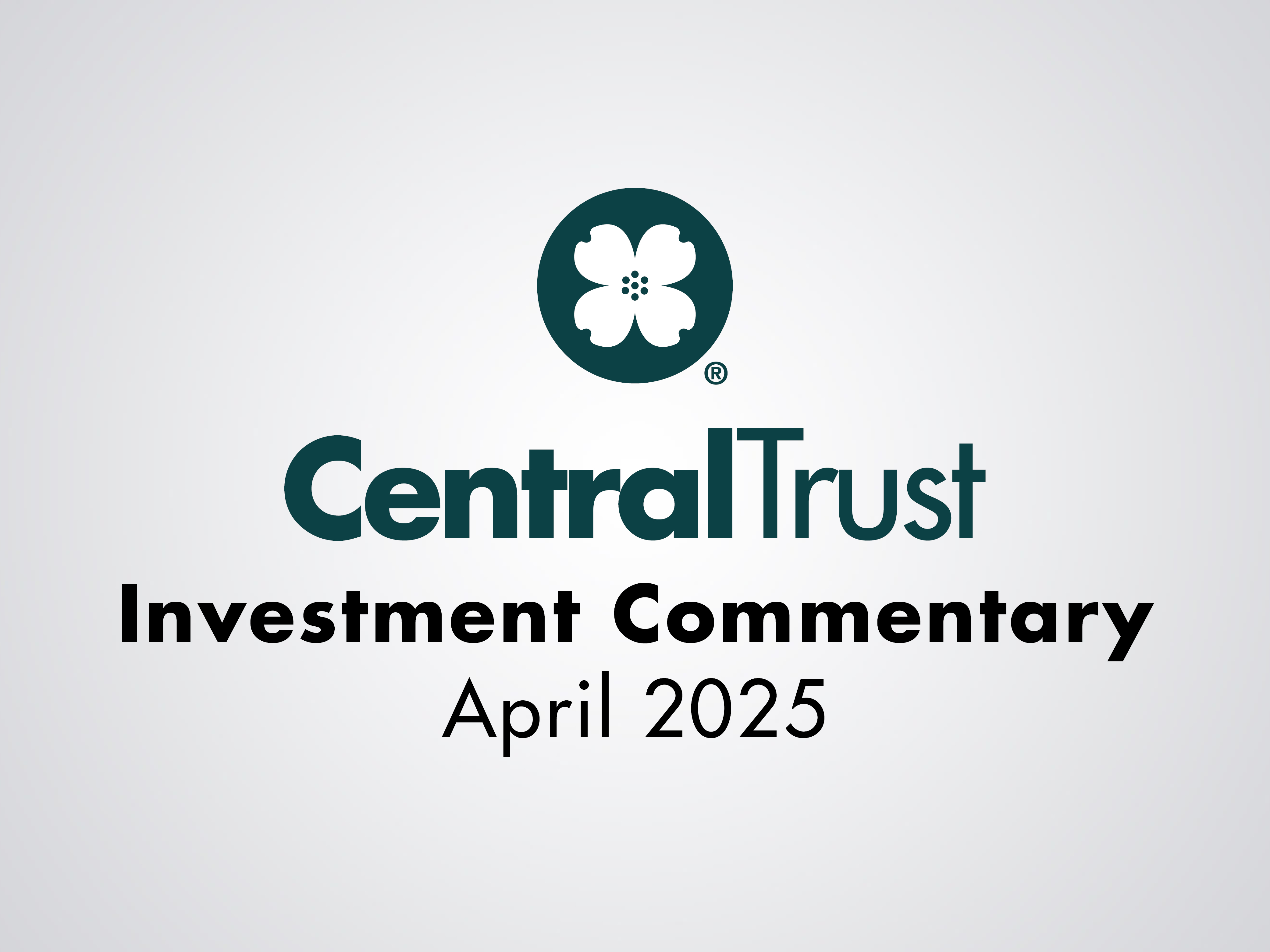May saw markets rebound as tech and consumer stocks surged, offsetting bond losses and debt concerns. International equities outpaced U.S. gains, while gold cooled but remained a top performer.

There is an important change in the U.S. stock markets that could significantly impact how you manage and perceive publicly traded securities. Recently, the Securities and Exchange Commission (SEC) approved a move from a T+2 (trade date plus two days) settlement cycle to a T+1 (trade date plus one day) cycle. This change is more than just a technical adjustment; it has several implications for investors, particularly those who are well-invested.
What is T+1 Settlement?
A settlement refers to the process of transferring securities from the seller to the buyer and the corresponding funds from the buyer to the seller. Historically, this process in the U.S. has taken two business days (T+2) following a trade. The move to a T+1 settlement cycle reduces this period to a single business day after the trade is executed.
Why the Change?
The shift to a T+1 settlement cycle is part of a broader effort to increase market efficiency, reduce risk, and align with advancements in technology. Key factors for this change include:
- Risk Reduction: Shortening the settlement cycle reduces the risk that one party in a transaction may fail to pay before the settlement is completed. This is particularly important in times of market volatility.
- Improved Liquidity: Faster settlements can enhance market liquidity, making it easier for investors to buy and sell securities quickly.
- Technological Advances: With modern technology, the need for a longer settlement period has diminished. The financial infrastructure now supports quicker transaction processing.
Impacts on Investors
Understanding the ramifications of this change is crucial for all investors. Here are some ways the T+1 settlement cycle might affect you:
- Enhanced Cash Flow Management: The quicker settlement process means that funds from sales will be available sooner. This can improve cash flow management, allowing you to reinvest or utilize proceeds from sales more rapidly.
- Reduced Risk Exposure: By shortening the period during which trades remain unsettled, your exposure to the risk of failed payment is reduced. This can be particularly beneficial in turbulent market conditions, providing an added layer of security for your investments.
- Increased Efficiency in Portfolio Management: For those who engage in active trading or require frequent adjustments to their portfolios, a T+1 cycle facilitates quicker reallocation of assets. This can help in responding more promptly to market opportunities or shifts in your investment strategy.
- Potential for Operational Adjustments: Financial institutions, including brokerages and custodians, will need to adapt their processes to meet the new settlement timelines. While the transition should be seamless for most investors, there might be minor operational adjustments as firms modify their systems. It may be beneficial to ask your financial advisor and/or brokerage how they are adjusting to this change.
Considerations for High Net-Worth Investors
As someone with substantial investable assets, you may need to consider a few additional factors:
- Strategic Planning: With quicker access to funds post-trade, strategic planning becomes more dynamic. Your financial advisor can help you leverage the enhanced liquidity to optimize your investment strategy.
- Communication with Your Advisor: Open and ongoing communication with your financial advisor is more important than ever. Understanding how the T+1 cycle impacts your specific portfolio and investment goals will require detailed discussions and potentially more frequent reviews of your financial plan.
- Tax Implications: The faster settlement may influence how you manage capital gains and losses. Working with your advisor to understand the tax implications of more rapid trade settlements will ensure you are making tax-efficient decisions.
- Technology and Security: With the financial industry relying more heavily on technology to meet the demands of a T+1 cycle, ensuring strong cybersecurity measures is crucial. Discuss with your financial advisor how your brokerage and other financial service providers are addressing these concerns to protect your assets.
Navigating the Transition to T+1 Settlement
The move to a T+1 settlement cycle represents a significant advancement in the efficiency and security of U.S. stock market transactions. This change offers numerous benefits to investors, including improved cash flow, reduced risk, and greater agility in managing investments. However, it also calls for careful planning and close collaboration with your financial advisor to leverage the advantages and navigate any challenges.
At our institution, we are committed to guiding you through these changes and ensuring that your investment strategy remains aligned with your financial goals. If you have any questions or would like to discuss how the T+1 settlement cycle may impact the publicly traded securities within your portfolio, please do not hesitate to reach out. We are here to support you every step of the way.


